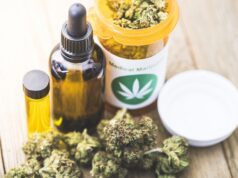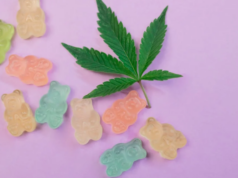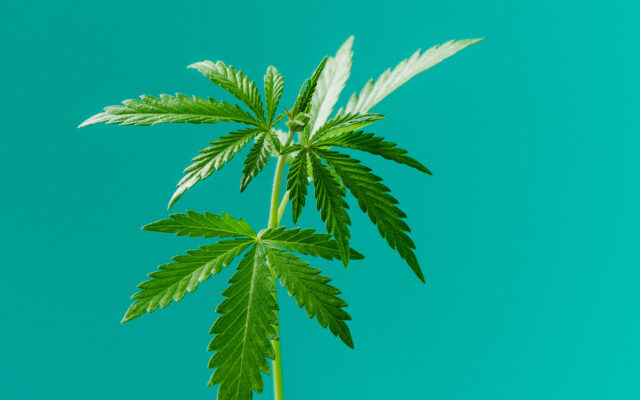
CBD has gained great popularity over the years and for good reason! It is filled with benefits and is a great way to support health and wellness. However, what if there was another cannabinoid that was closely related to CBD, and worked in many of the same ways, but only better? That’s CBDA!
CBDA consumption is on the rise as it delivers similar benefits to CBD, but consumers need lower doses to feel the effects. Let’s dive into the minor acidic cannabinoid that has the potential to be used in major ways.
What is CBDA?
CBDA, or cannabidiol acid, is a naturally occurring acidic cannabinoid found in the hemp plant. It is the precursor to CBD. This means when CBDA is exposed to heat it converts to CBD.
This poses a problem when extracting the acidic cannabinoid, as the majority of cannabinoid extraction processes must utilize high temperatures for sufficient extraction. This causes a conversion of the acidic cannabinoids, leaving little of the acidic cannabinoids left in the final extract for consumers to enjoy.
Due to the many benefits and advantages CBDA has, global solution providers like Essentia Scientific, have found ways to extract cannabinoids without the use of heat. This allows for the extraction of all acidic cannabinoids, including CBDA, CBGA, and THCA, at a mass scale.
What Are The Benefits Of CBDA?
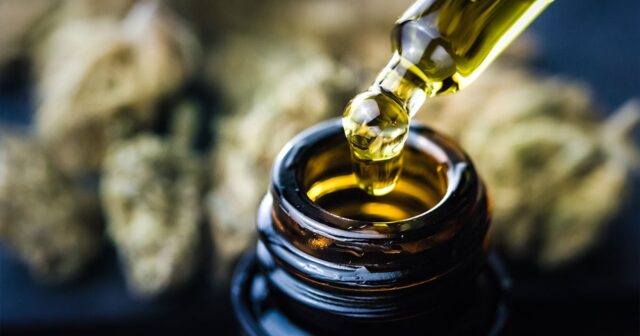
There is some evidence to suggest that CBDA may have a number of potential health benefits.
Some studies have shown that CBDA may have anti-inflammatory, anti-nausea, and anti-anxiety effects. It is also believed to have potential anti-tumor properties and may be useful in the treatment of epilepsy and other seizure disorders.
However, it is important to note that much of the research on CBDA has been done in preclinical studies and more research is needed to fully understand its effects on the body.
On the other hand, the benefits of CBD are better studied. Research has found CBD to have a wide range of therapeutic properties, including reducing anxiety and stress, improving sleep, and reducing inflammation.
Some studies have also suggested that CBD may have pain-relieving and anti-inflammatory effects, and it may be useful in the treatment of a variety of conditions, such as epilepsy and multiple sclerosis.
CBD is generally well-tolerated and considered safe, with few reported side effects. However, more research is needed to fully understand the potential health benefits of CBD and to determine the optimal dosage and method of administration.
Is CBDA Better Than CBD?
There is an ongoing debate about whether CBDA is more effective than CBD or vice versa. Some people believe that CBDA is more potent than CBD and may have a greater therapeutic effect.
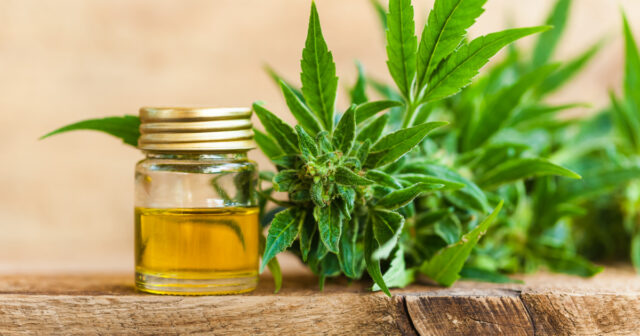
And this is true in many cases, as CBDA is 19x more bioavailable than CBD. This means when an equivalent dose of CBDA and CBD is administered, the body can absorb much more CBDA than CBD. This allows for lower doses of CBDA to feel the therapeutic benefit for a variety of instances.
Additionally, CBDA has a greater affinity to certain receptors than CBD, including the serotonin receptor.
The serotonin receptor helps with mood support, pain and nausea signals, and much more. CBDA’s greater affinity to the receptor makes it a more powerful therapeutic than CBD for patients with anxiety, depression, and nausea.
How Do You Take CBDA?
CBDA can be a great addition to one’s daily routine to support health and wellness. There are several different ways to take CBDA, including:
- CBDA Capsules – Similar to CBD capsules, CBDA capsules are an easy and convenient way to take CBDA. They are typically made by filling a capsule with a measured amount of CBDA oil or powder.
- CBDA Tinctures – CBDA tinctures are made by dissolving CBDA in alcohol, glycerin, or vegetable oils, such as MCT oil, to create a liquid form of the compound. They can be taken by placing a few drops under the tongue or adding them to food or drink.
- CBDA Edibles – CBDA can also be added to edibles, such as gummies or cookies, to create a convenient and tasty way to take the compound.
Will CBDA Make You High?

No, CBDA will not make you high. CBDA is a non-psychoactive cannabinoid found in the hemp plant, which means it does not produce the intoxicating effects associated with THC, the psychoactive cannabinoid found in cannabis.
Is CBDA Legal?
CBDA is legal in most countries, including the United States. However, the legal status of CBDA and other hemp-derived products can vary depending on the specific laws and regulations in each jurisdiction.
In the United States, CBDA is legal under the 2018 Farm Bill, which legalized the cultivation and production of hemp and hemp-derived products for commercial purposes.
However, it is important to note that the legal status of hemp-derived products including CBDA, may change in the future. It is always a good idea to check the specific laws and regulations in your area before purchasing or using any hemp-derived products.
Is CBDA Safe?
While much of the research on CBDA has been done in preclinical studies, it is generally considered to be safe and well-tolerated.
However, it is important to note that more research is needed to fully understand the effects of CBDA on the body and to determine the optimal dosage and method of administration.
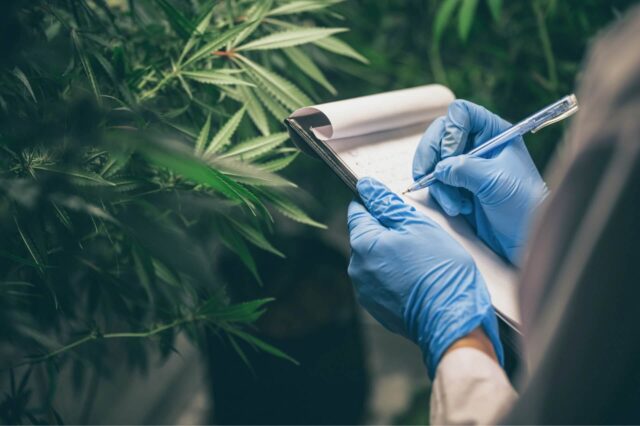
As with any supplement, it is always a good idea to speak with a healthcare professional before adding CBDA to your routine, especially if you have a pre-existing medical condition or are taking medication.
CBDA is a naturally occurring cannabinoid found in the hemp plant that is believed to have a number of potential health benefits. While more research is needed to fully understand its effects on the body, some studies have shown that CBDA may have anti-inflammatory, anti-nausea, and anti-anxiety effects.
CBDA can be taken in a variety of forms, including oil, capsules, tinctures, and edibles, and it is legal in most countries, including the United States. However, the legal status of CBDA and other hemp-derived products may vary depending on the specific laws and regulations in each jurisdiction.





